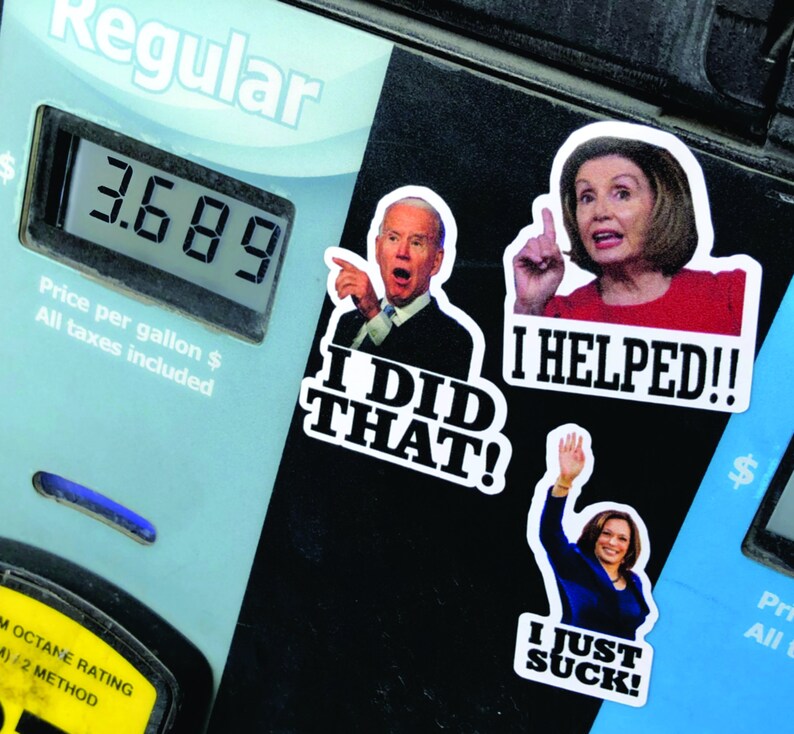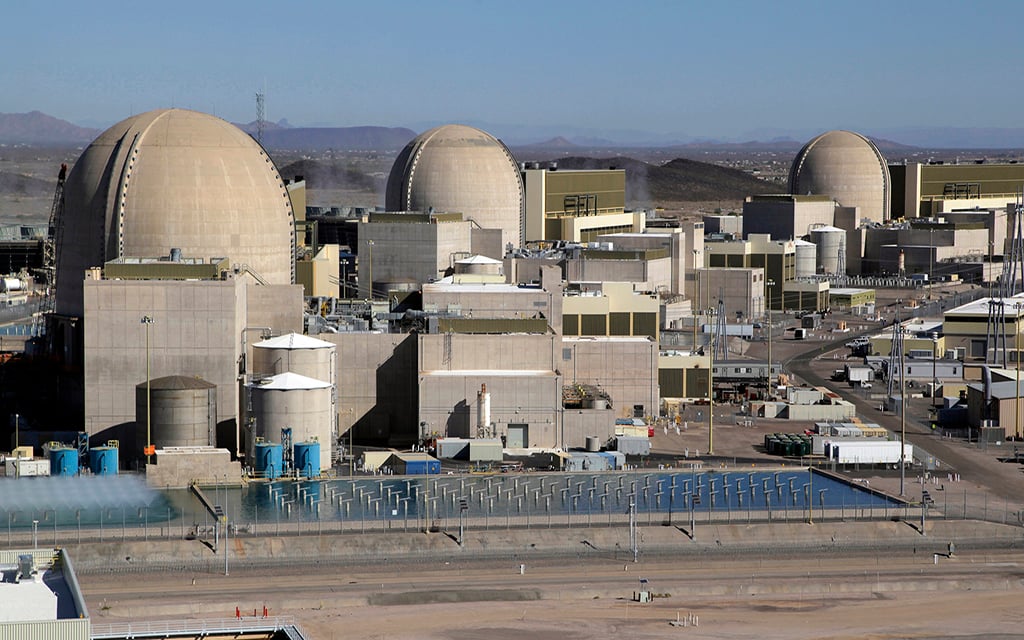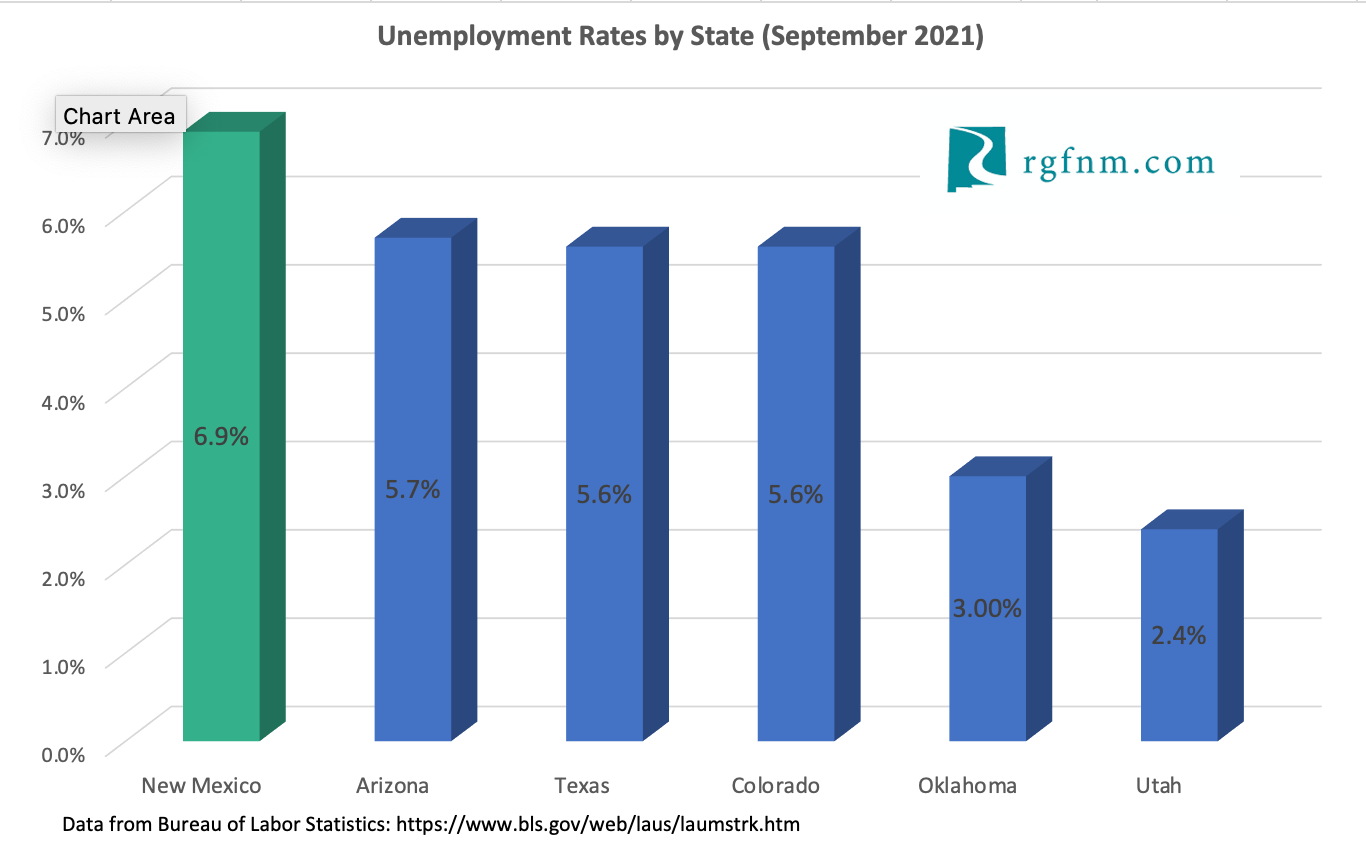Recently, global leaders gathered in Glasgow for the COP26 climate summit. It was here that nations, both large and small, made commitments to combat and slow the effects of climate change. It should concern us that many of the proposals and agreements target some of our most critically important industries, including oil and gas, putting jobs, affordable fuels and energy and our economy at risk.
The United States has tried this tactic and it consistently fails. Most recently, President Biden agreed to and implemented sweeping government regulations related to the environment without fully understanding the impacts upon communities in energy states like New Mexico.
Take, for example, the recent ban on oil and natural gas leasing on public lands and in offshore waters. Despite a groundswell of opposition from states who said the ban could cause significant community harm and economic loss, the Department of Interior pressed forward with its leasing moratorium, seemingly without even considering its consequences. 2021 will mark the first year in decades no onshore federal leasing auctions will have occurred across the US.
Federal lands currently compose nearly 35% of New Mexico’s total area, and a federal oil and gas leasing ban would immediately threaten the welfare and future of our state. We would lose critical jobs at a time when the economy is reeling, and our unemployment rate remains one of the highest in the nation. At the same time, ban would eliminate critical tax revenues that pay for schools, hospitals, roads and other infrastructure, keeping the government from dipping into the pockets of taxpayers.
Fortunately, this hasty decision was overturned in court after 12 states sued the Department of Interior. But it still represents a dangerous trend we see on both sides of the aisle—government representatives putting politics and big government over the best interests of our people—and it is unacceptable.
Moreover, sweeping government policies such as a leasing ban rarely work as intended. Instead, they hamstring businesses and stifle innovation, hurt our middle- and lower-income citizens and communities and always have unintended consequences. And it is important to keep this in mind as we consider ways to address climate change, especially for states like New Mexico.
It should be clear to U.S. officials that working together with energy companies, not actively against, will be the best path to a cleaner, more sustainable future. Already, energy companies are heavily investing in innovative solutions, like carbon capture and storage, to reduce emissions while protecting jobs and revenues and keeping energy costs low. We should continue encouraging this type of collaboration and innovation between government and private industry to effectively balance economic growth with climate goals.



















